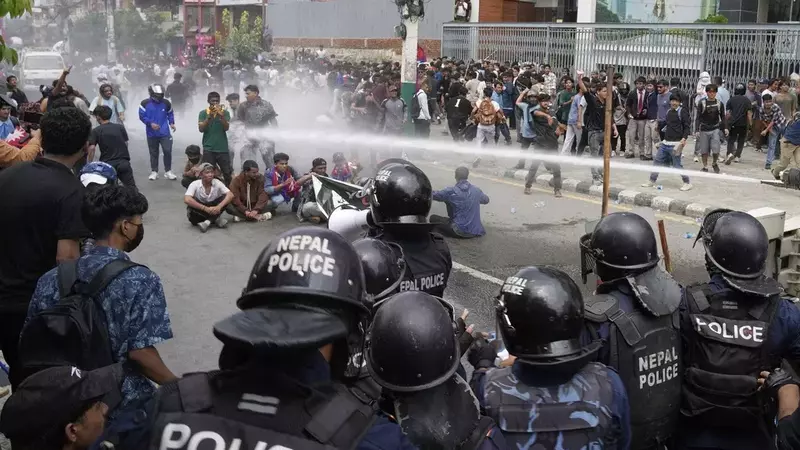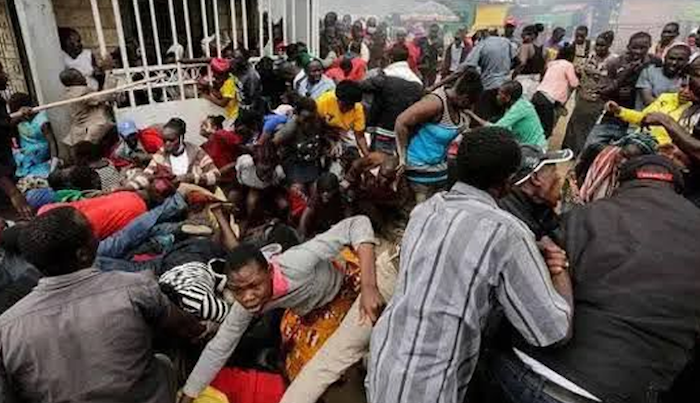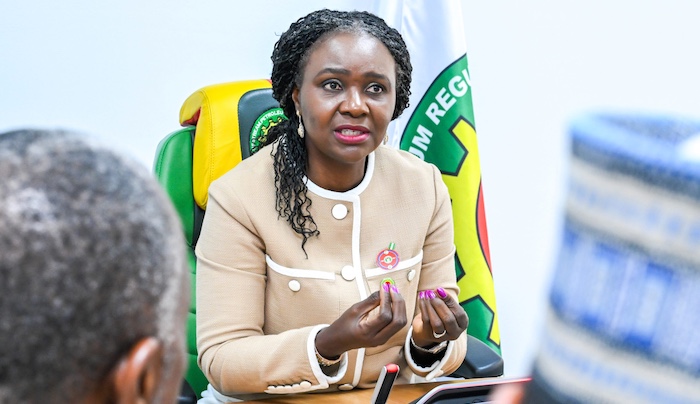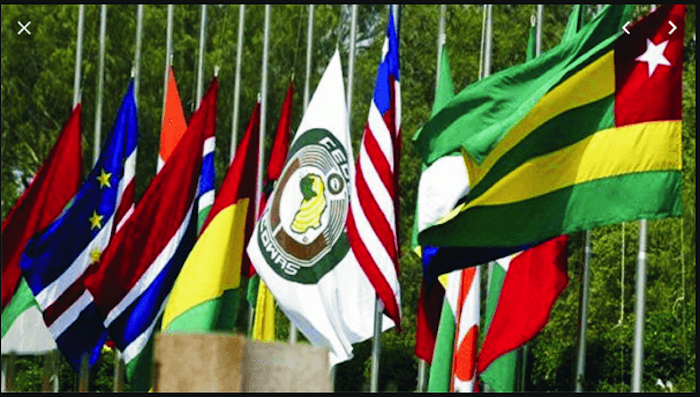
Nepal has lifted its week-long social media ban less than 24 hours after mass anti-corruption protests sparked by the restriction turned deadly, leaving at least 19 people dead and more than 100 injured.
Cabinet spokesperson and Minister for Communications and Information Technology, Prithvi Subba Gurung, confirmed on Tuesday that access to social media platforms had been restored. “We have withdrawn the shutdown of the social media. They are working now,” he said. Checks on Tuesday morning confirmed that major apps, including Facebook, were once again accessible.
The decision followed widespread unrest on Monday, as thousands of young people—organisers dubbed them “Gen Z protesters”—took to the streets demanding stronger government action against corruption and greater economic opportunities. Demonstrations escalated into violent clashes, prompting authorities to impose an indefinite curfew in the capital, Kathmandu.
“No protests, mass gatherings, meetings, or assemblies of people will be allowed during the curfew,” Kathmandu district administrator Chhabilal Rijal said in a statement. A similar curfew was enforced in neighbouring Lalitpur until midnight Tuesday.
Prime Minister K.P. Sharma Oli expressed sadness over the deaths, blaming “infiltration from different selfish centres” for the violence. He pledged government compensation for the victims’ families, free treatment for the injured, and the creation of an investigative panel to assess causes, losses, and preventive measures within 15 days.
The protests, which spread beyond Kathmandu to other cities, highlighted growing discontent among young Nepalis. Many criticised the government’s handling of corruption and expressed anger over the social media ban, which officials said targeted platforms that had failed to register locally amid efforts to curb fake accounts, misinformation, and hate speech.
Organisers said the demonstrations underscored young people’s frustration with leaders they view as out of touch with their struggles. Despite the restoration of social media, tensions remain high as Nepal grapples with balancing online regulation, public dissent, and calls for political accountability.
Melissa Enoch



